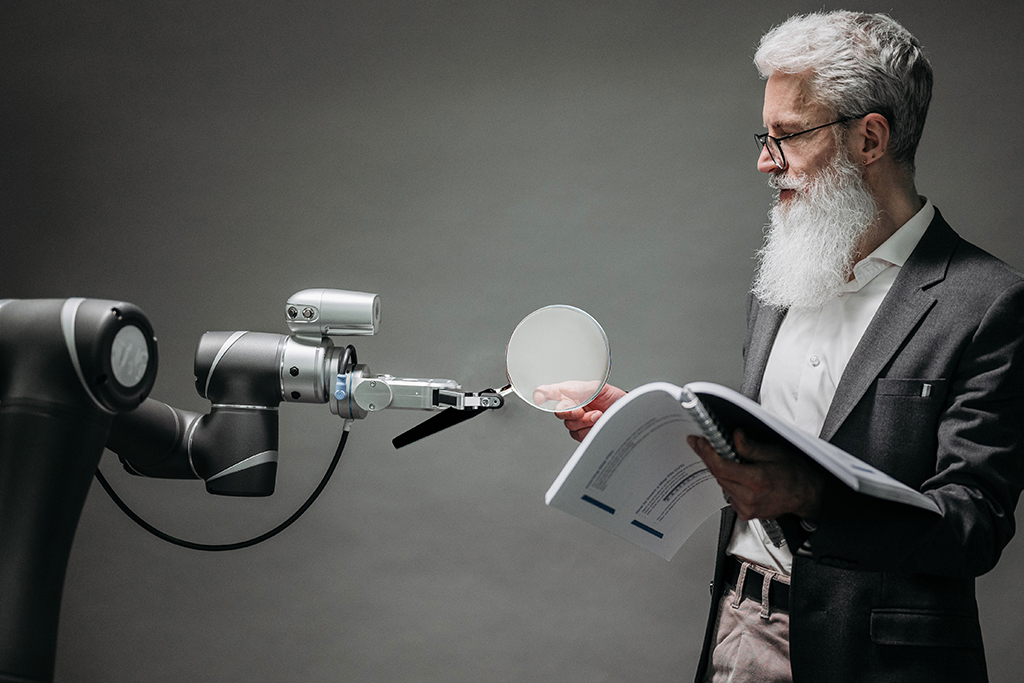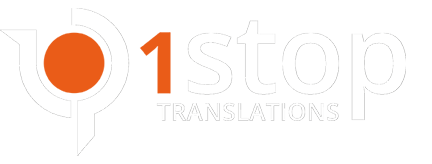Machine Translation quality assurance
Even though the classic fully human translation, namely the one totally entrusted to professional human translators, still remains the top choice when seeking the highest translation quality, machine translation reviewed by human translators (called MTPE or Machine Translation Post-Editing) is nowadays considered a viable alternative that has the advantage of reducing costs and delivery time to the client.
4 minutes – read
In the past decade, great progress has been made in Machine Translation-related research, especially thanks to neural machine translation engines, which have been created and calibrated in relation to the increase in multilingual content to be translated under tight deadlines and the reduction of related budgets. MTPE is the effective solution to these needs: thanks to human revision, it produces, within certain limits, a good quality translation, quickly and with significant economic benefits.

Machine Translation Post-Editing
MTPE is a type of hybrid translation, in which the automatic process is followed by a phase called post-editing, or revision by human translators. But how does this type of translation work? First, the software translates the textual content in bulk; then human translators verify the entire content, improving its accuracy by checking form, syntax, terminology, and adaptation (localization). Through this process, the work of the machine is refined, with the goal of achieving a level of quality that can only be achieved by human intervention: the latter adds nuances that the machine is unable to achieve. In this way, the final output of MTPE will be very close to that of fully human translation.

ISO 18587:2017
For Translation Agencies, MTPE is regulated by the ISO 18587:2017 certification, which defines the necessary requirements for workflow, activities, and skills related to post-editing. Specifically, it provides:
- the assurance by language providers of the total correspondence between source and target (translated) text, as well as the full comprehensibility of the output
- the complete documentation of all necessary requirements for post-editing projects
- a set of specific requirements for the figure of the professional proofreader
- the precise identification of the translation output (human or machine)
In addition, ISO 18587 helps improving productivity, selecting the most appropriate resources to be allocated on the post-editing activity, and thus allows the agency to remain competitive, and still provide a quality product, in a market where the demand for machine translation is growing.
What are the benefits of MTPE?
MTPE combines the speed of machine translation with the skilled attention of a professional translator. In addition, the editing activity on the machine-translated text is faster than classical translation because the time required to revise a text is less than the time it takes to translate one from scratch, allowing the overall costs of language localization to be reduced.
Human revision also ensures that the result is:
- structurally, terminologically, spelling, and grammatically consistent
- error-free and accurate in meaning
- clear and understandable to the target audience
- improved in terms of cultural sensitivity
- in line with industry standards and client guidelines

Conclusions
In conclusion, MTPE is a type of hybrid translation that can be applied in various sectors, including iGaming, which guarantees an excellent output. This type of translations is highly beneficial for the client since it reduces costs as well as delivery time; however, it is always preferable for the machine work to be accompanied by the review made by a professional translator so that eventual inaccuracies can be polished. To do so, it is of utmost importance to work with companies that follow precise requirements, have high quality standards, and are experienced when MTPE is concerned.
1Stop Translations, an ISO 18587-certified translation company, is the ideal partner to turn to and guarantees the highest quality of the translated text, regardless of volumes, languages and technology used. Our translations meet the highest quality requirements set by international standards, which dictate not only perfect comprehensibility of the text, but also consistency of terminology, lexical, and stylistic consistency.
Did you like the article? Contact us to let us know what you thought.
Do you need help to get started or to further your existing link building strategy? Contact us for a free advice or request a video call with our experts.
Need a quote? Click here





